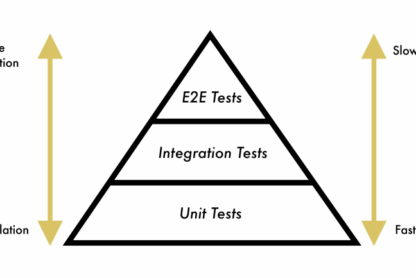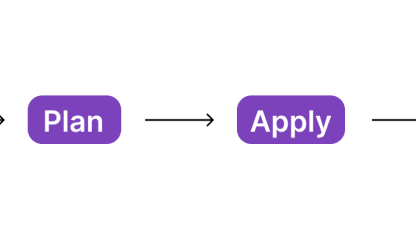As a programmer, your work is mainly focused on your computer screen, typing away for hours on end. You may feel like you’re in a world of your own, isolated from the outside world, but this couldn’t be further from the truth. Just like any other job, programming comes with its own unique set of challenges, and one of the most significant challenges is balancing your physical and mental health. In this article, we’ll discuss why mental and physical health is important for programmers, how it can impact their productivity and personal life, and what programmers can do to maintain their health and balance their work and personal life.
The Importance of Physical Health for Programmers
As a programmer, you spend a significant amount of time sitting in front of your computer screen. This sedentary lifestyle can take a toll on your physical health, leading to problems such as obesity, diabetes, heart disease, and more. Additionally, the repetitive motion of typing and using a mouse can lead to carpal tunnel syndrome and other repetitive strain injuries.
Exercise and Movement
Another important factor in maintaining your physical health as a programmer is ergonomics. Make sure your workstation is set up correctly to avoid strain on your eyes, neck, and back. Adjust your chair, monitor, and keyboard to ensure that your posture is correct and that you’re not putting unnecessary strain on any part of your body.
The Importance of Mental Health for Programmers
Programming can be a stressful and mentally taxing job. You may face tight deadlines, complex problems, and a significant amount of pressure to perform. This can take a toll on your mental health, leading to anxiety, depression, and burnout.
Stress Management
One of the best ways to maintain your mental health as a programmer is to manage your stress levels effectively. Find healthy ways to cope with stress, such as exercise, meditation, or spending time in nature. Make sure to take breaks throughout the day to recharge and reset your mind.
Work-Life Balance
Another crucial factor in maintaining your mental health as a programmer is achieving a healthy work-life balance. It can be tempting to work long hours and sacrifice your personal life for your job, but this can quickly lead to burnout and a decline in mental health. Make sure to set boundaries for your work and personal life and stick to them. Prioritize self-care and spend time doing activities that bring you joy outside of work.
Conclusion
In conclusion, as a programmer, maintaining a healthy balance between your physical and mental health is essential. Your physical health can impact your productivity and longevity in the industry, while your mental health can affect your overall well-being and happiness. By prioritizing exercise, ergonomics, stress management, and work-life balance, you can maintain your health and thrive in your career.




